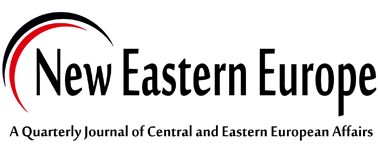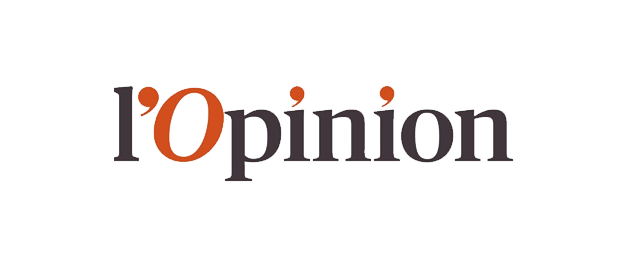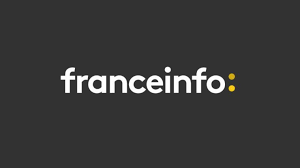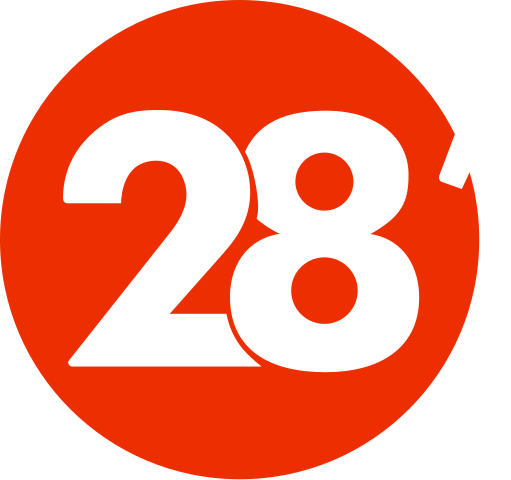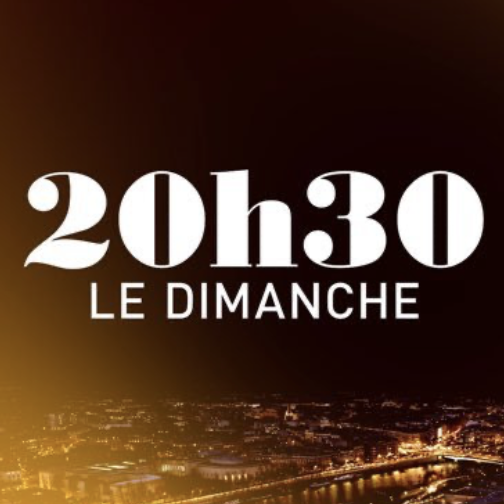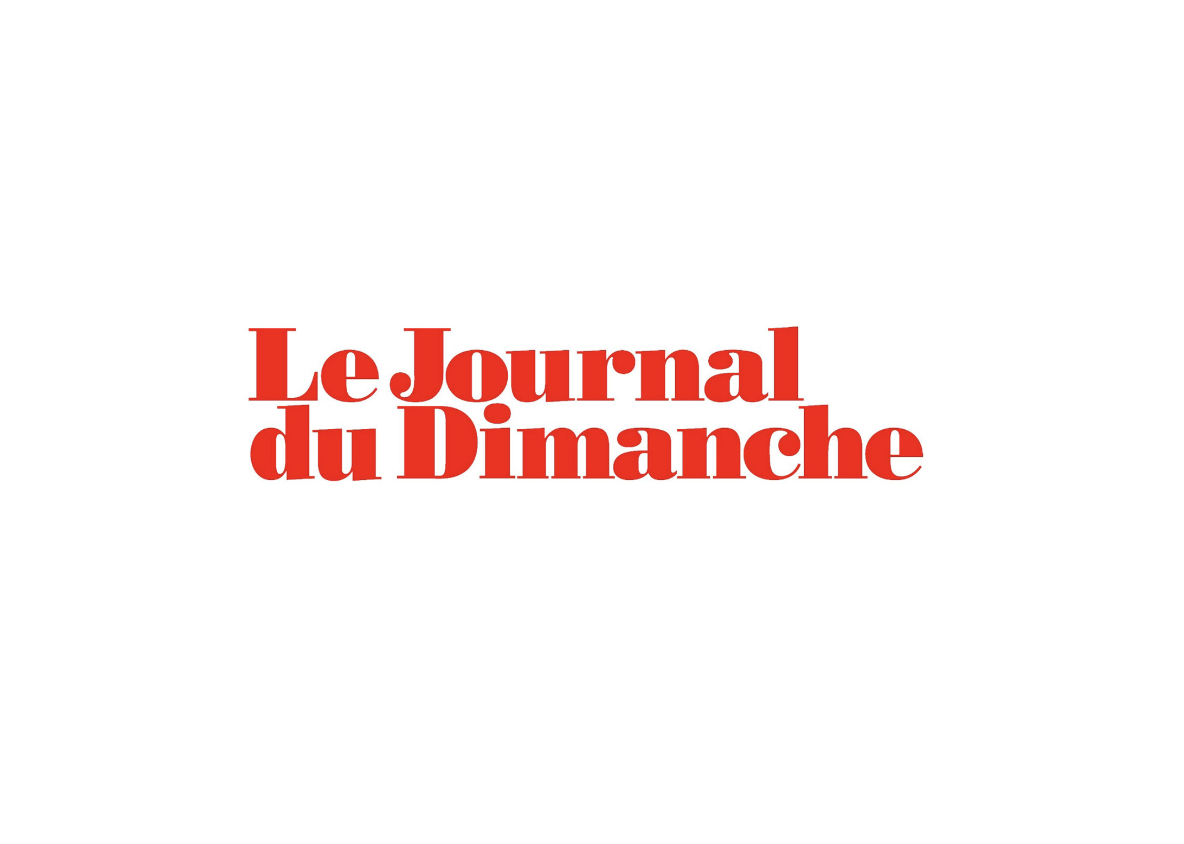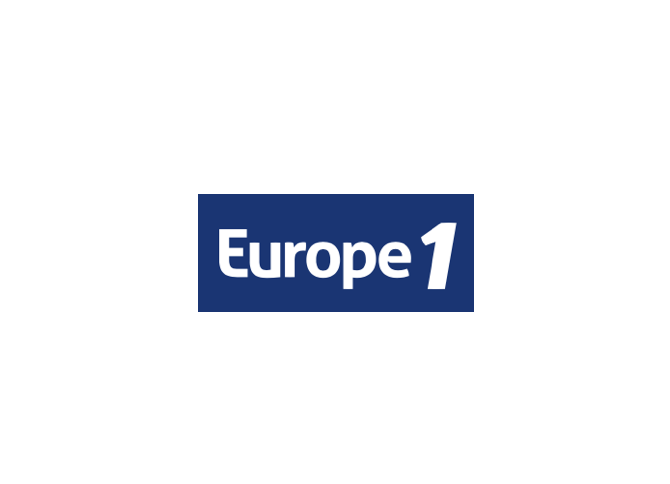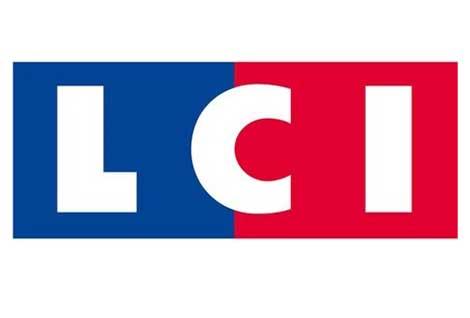TRIBUNE par Jérôme Ferrier et Florent Parmentier
With the inauguration of Donald Trump, who has made no secret of his congeniality toward Vladimir Putin, there can be no over-estimating of the heightened anxiety when it comes to strategy that now reigns in Kyiv. The plans for a “grand bargaining” between the United States and Russia, which the US President has sought in order to counter the expansion of China’s power, has Ukrainian leaders fearing that they will be nothing but a pawn on the negotiating board laid out between Moscow and Washington.
The start of the great negotiations between Trump and Putin does not, however, have to mean the end of Europe’s contribution to the Continent’s stabilisation and pacification, and more particularly in Ukraine. As is often the case, the ability of the European nations to influence their partner countries will not come through a new initiative in the area of defence, but could well emerge from Europe’s economic power, which both set standards for others, and imposes itself by the sheer size of the domestic market. When it comes to energy resources, it is often said that oil will be the hydrocarbon of war, while gas will be the hydrocarbon of peace. Ukraine does not appear an exception to this rule.
As the transit contracts with Gazprom in effect in Ukraine will expire on January 1st 2020, the questions as to the use of these infrastructures need to be addressed urgently, bearing in mind that they currently function at only half their capacity (64 Gm3 gas per year). The drive to significantly ramp up transit costs between now and 2020 (resulting in rates twice as high) stems from a position that is contrary to Ukraine’s interests in the long-term, however. Europe thus has a key role to play in this setting.
Gradually drawing Ukraine and Russia apart
Against all expectations, gas relations between Russia and Ukraine did not start to deteriorate with the 2014 war; their difficulties in fact go back some years before that. When Ukraine became independent in 1991, Russia secured facilitated transit terms from the Ukrainians, in exchange for which it promised to deliver gas for household use at preferential rates, thus making it possible for heavy industry to remain in the Donbass region. This compromise between the two countries lasted up to the 2004 Orange Revolution, which sent gas relations between Russia and Ukraine on a different, rocker path, ultimately resulting in an increase in both transit prices and gas for Ukrainian consumers. The starts and stops did not go unnoticed, with Europe’s consumers experiencing, in Winter 2006 and 2009, supply disruptions which, albeit brief, definitely made their impact felt. It was at that point that discussions about energy safety began to mobilise Europeans, in particular as regarded diversity of supply.
To address both the deterioration in gas relations and the concerns of Europeans, Gazprom, monopoly exporter of Russian gas, embarked on a strategy to diversify its routes toward the European Union, pitting this against the supply source diversification strategy put forth by European institutions. Consequently, while more than 80 per cent of Russian gas transited through Ukraine in the early 2000s, Gazprom inaugurated new supply routes toward the European markets: first the Yamal pipeline running through Belarus, then the North Stream pipeline, which cut through the Baltic on its way to Germany in 2012. As important as it is, the latter does not operate at full throttle: the North Stream 1, made up of two parallel gas pipelines offering capacity of 55 Gm3 in gas yearly, currently uses only 70 per cent of its capacity. Despite this only partial use, Gazprom is developing plans to double up North Stream 1 with a North Stream 2, offering an additional 55 Gm3, which would make it possible to transit up to 80 per cent of Russia’s export to the European markets. Several European countries have clearly come out against the plans for a new pipeline, which would make Germany the European super-hub on which the other countries would depend. Moreover, Brussels is fully aware of the fact that depriving Ukraine of gas transit revenues would leave the European countries no choice but to provide for Ukraine’s needs, at the expense of their own security of supply.
For Europe, more important than anything else is to participate
The sense of abandonment which the Ukrainians are experiencing furthermore comes at a time when the European Union itself is racked with doubt, both inside and outside its borders. The European undertaking, it goes without saying, has been weakened by the advent of Brexit, which will use up much of Europe’s lifeblood in a negotiation process that promises to be particularly intricate. Brexit also sounds the end of European integration’s mythical irreversibility, to the great dismay of Ukrainian reformists. In addition, Kyiv lives on in the worry that Europeans will start to feel a form of “sanction fatigue”, which would cause Europe and America alike to see the effects of the annexation of Crimea and the conflict in Donbass in relative terms, taking into consideration other priorities as well. Yet, beyond the issue of how the planned Association Agreement would be implemented in the Eastern Partnership policy, and despite their current doubts, the European nations have their own part to play in stabilising Ukrainian gas.
In the present situation, it is important to encourage the sector-specific negotiations in the field of gas between the Russians and Ukrainians, despite the current conflict and the sanctions policy pursued by Brussels. One option would make it possible for the Europeans to foster stabilisation in Ukraine from both the economic and political standpoints: encouraging the participation of foreign, and in particular, European investors, in Ukrainian infrastructures and especially transmission and storage networks. This would be one way for the Europeans to negotiate directly with Gazprom so that gas could be delivered to the Russian-Ukrainian border, rather than to the border between Ukraine and the European Union, as is the case today.
This would then leave it up to the European Union to choose its preferred delivery points and volumes, rather than have delivery points imposed upon it, at the expense of Ukrainian interests.
Considering the major investments which new gas pipelines would require in a context where European demand is lower than anticipated a few years ago – the competing South Stream and Nabucco projects, for instance, were both cancelled – there is good reason to encourage the participation of European players in Ukrainian transport infrastructures, thus contributing in a way to the country’s pacification.
